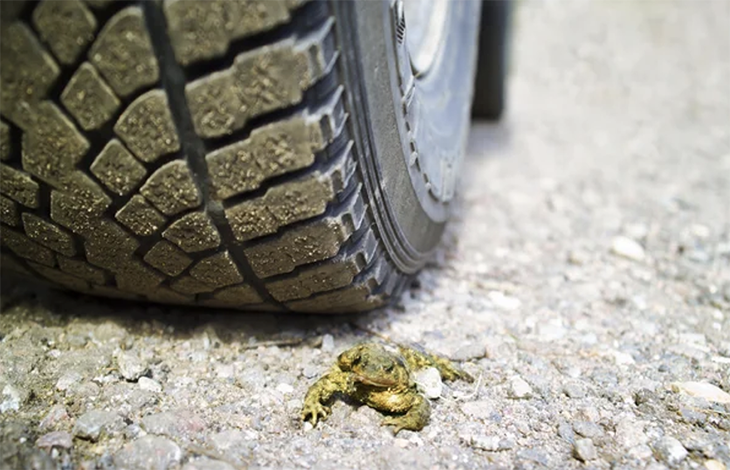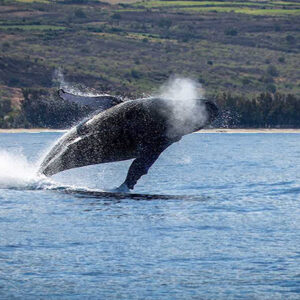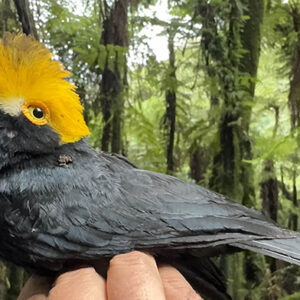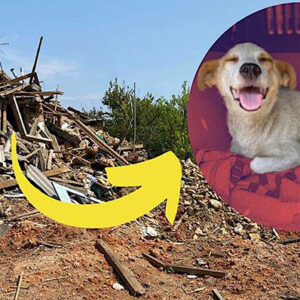
Scattered across the United Kingdom, numerous dedicated volunteers brave the chilly early spring nights to rescue toads, frogs, and newts from perilous encounters with passing vehicles.
These volunteer organizations play a vital role in safeguarding England’s amphibian populations, employing a hands-on approach to mitigate the toll of roadkill on these creatures.
Equipped with high beam flashlights and high-visibility jackets, these volunteers traverse dimly lit roads, carefully plucking amphibians from harm’s way and ferrying them to safety in buckets. Their efforts not only prevent countless amphibian fatalities but also uphold the essential ecosystem services provided by these creatures, such as pest control and the melodic chorus of their springtime serenades.
For those unfamiliar with the challenges faced by these amphibians, the prospect of avoiding them on the road may seem straightforward. However, the reality is far more complex. Mass gatherings of these creatures can obscure visibility, making it difficult for diverse to steer clear without inadvertently harming them. Moreover, their small size and camouflage can render them virtually indistinguishable from debris on rain-slicked roads.
Last year alone, England’s 203 amphibian rescue groups saved a staggering 115,000 animals from perilous road crossings. One such organization, Charlcombe Toad Rescue, situated near the historic city of Bath, has achieved remarkable success in reducing amphibian fatalities from road incidents.
By diligently patrolling roadways during the breeding season, they’ve slashed mortality rates from 60% to a mere 3%, ensuring the survival of thousands of amphibians, particularly pregnant females laden with eggs.
Adrian Sheratt from The Guardian went out with Charlcombe Toad Rescue one night, near the ancient city of Bath, to take photos and help in a rescue operations during one rainy night.
The area of Bath is known for its wet areas and hot springs, which frogs and toads need to reach in order to mate or lay eggs. However, since the area is such a well-developed area, it usually involves crossing lots of roads.
Angela, a Charlcombe volunteer, said, “I find it very emotional, actually. And it becomes more emotional as you do it. You see a creature that’s so vulnerable just sat there, and you can see it’s pregnant and bulging with babies. You want them to have a fighting chance of making it to their breeding grounds.”
Since its inception in 2003, Charlcombe has rescued over 40,000 amphibians, a testament to the dedication of its roughly 50 volunteers. Their commitment extends beyond rescue missions, as they also secure funding to temporarily close major roads during breeding seasons, further safeguarding amphibian populations.
Froglife, a charitable organization, plays a pivotal role in coordinating data collection efforts and facilitating volunteer engagement in toad patrols across the country. With numerous toad patrol groups in need of additional volunteers, particularly in regions like Cheshire, Landcashire, and the Isle of Wight, there are ample opportunities for individuals to contribute to amphibian conservation efforts.
What are your thoughts? Please comment below and share this news!
True Activist / Report a typo


